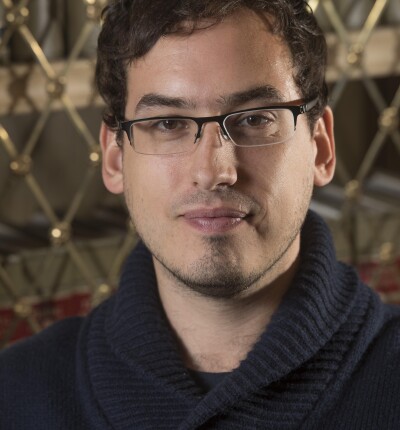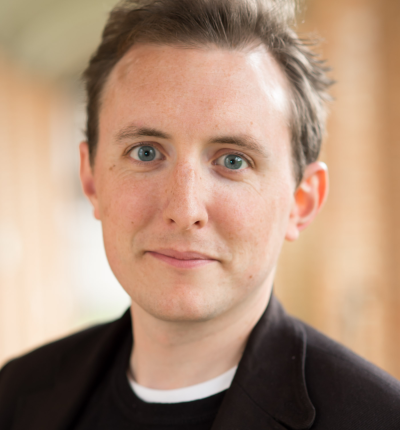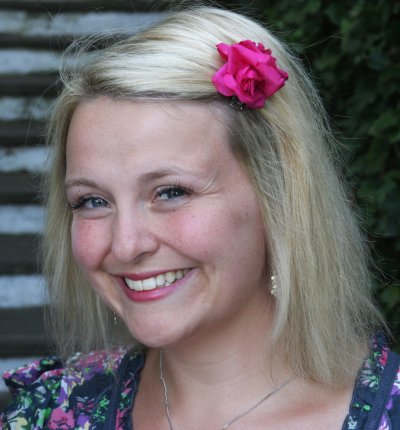Our team

We are a group of UK researchers across multiple disciplines putting our heads together to collaborate on shared questions
Tom F. Wright

Principal Investigator
Tom is Head of the Department of English at the University of Sussex.
He is a cultural historian of nineteenth century Britain and America. His research focuses on rhetoric and spoken communication and their role in politics, education and the history of ideas.
For the Speaking Citizens project he researched the history of ideas about 'articulacy' and 'inarticulacy' and the role of 'grassroots oracy' in social movements of the long nineteenth century including Chartism and the Suffragettes. He is the editor of the project's main output, the book Oracy: The Politics of Speech Education forthcoming with Cambridge University Press.
You can read his introduction to the project here and you can find out more about Tom on our blog.
Arlene Holmes-Henderson

Co-Investigator
Arlene is Associate Professor of Classics at the University of Durham and Senior Research Fellow at the University of Sussex.
Educated at Oxford, Harvard and Cambridge, and a school teacher for many years, Arlene is a language education specialist who conducts research, and provides training for schools and universities, in the UK and worldwide.
Arlene is the author of Forward with Classics (2018), and many other articles that have sought to understand the value of Classics for critical literacy.
An advisor to governments in the UK and around the world on curriculum and assessment, she has won awards for knowledge exchange and public engagement. Her successful policy engagement with a range of partners has been showcased in this short video.
For the Speaking Citizens project she has researched the history of 'oracy' in recent UK pedagogy, developing teaching resources, and leading the project's outreach collaboration with the English Speaking Union and the English Association. You can read findings from this work here.
You can find out more about Arlene and her research over on our blog.
Stephen Coleman

Co-Investigator
Stephen is Professor of Political Communication at the University of Leeds.
He is the author or editor of ten books, most recently How People Talk About Politics: Brexit and After (Bloomsbury, 2020), Capturing the Mood of Democracy; the British general election of 2019 with Jim Brogden (Palgrave, 2020) and How Voters Feel (CUP, 2013). Since 2010, he has led independent evaluations of the UK televised election debates.
For the Speaking Citizens project, he worked with graffiti artists, trade unionists and nurses in Leeds to explore practices of spoken interaction in non-formal contexts on the subject of politics.
In 2024 Stephen was invited to join the Oracy Education Commission to use the research from our project to direct the future of communication and skills teaching in Britain.
You can find out more about Stephen and his research interests on our blog.
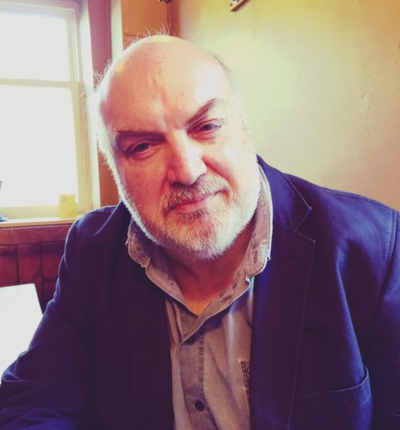
Hester Barron

Co-Investigator
Hester Barron is Professor of Modern History at the University of Sussex.
She specialises in twentieth-century British social history, focusing on themes of identity and community. Her recent work has converged around the broad themes of childhood, parenting and schooling.
Hester is the author of The 1926 Miners' Lockout: Meanings of Community in the Durham Coalfield (2009), the editor of Parenting and the State in Britain and Europe 1870-1950 (2018).
Her contribution to Speaking Citizens project resulted in her most recent book The Social World of the School: Education and Community in Interwar London (2022) exploring the history of the early Twentieth Century elementary classroom, exploring how educators approached the reform of students' voices. She has a piece on accent policing from this period forthcoming in the Journal of the History of Education.
You can find out more about Hester over on our blog.
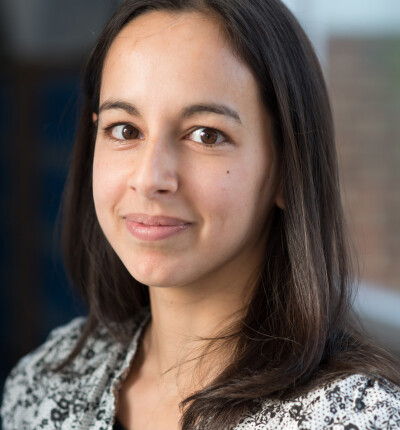
Stuart Dunmore

Postdoctoral Researcher
Stuart Dunmore is a Research Fellow at the University of Edinburgh.
Stuart is expert on the sociolinguistics of minority language use, ideologies and cultural identities, with particular reference to Celtic language communities in the UK and North America. He completed masters degrees at Edinburgh and Oxford before earning his doctorate in 2015. Stuart’s British Academy postdoctoral fellowship assessed the role of 'new' speakers in language learning initiatives and policy interventions in Scotland and Nova Scotia, and his first book Language Revitalisation in Gaelic Scotland was published in 2019. He has published numerous articles on language, identity and ethnicity, and in 2022 he held a Fulbright fellowship at Harvard University.
Stuart’s contribution to the Speaking Citizens project built on this work to examine obstacles to the development of bilingual oracy within the Gaelic-medium education sector in Scotland. His article on 'Oracy and Ideology in Contemporary Gaelic' was published in the Journal of Celtic Linguistics available here.
